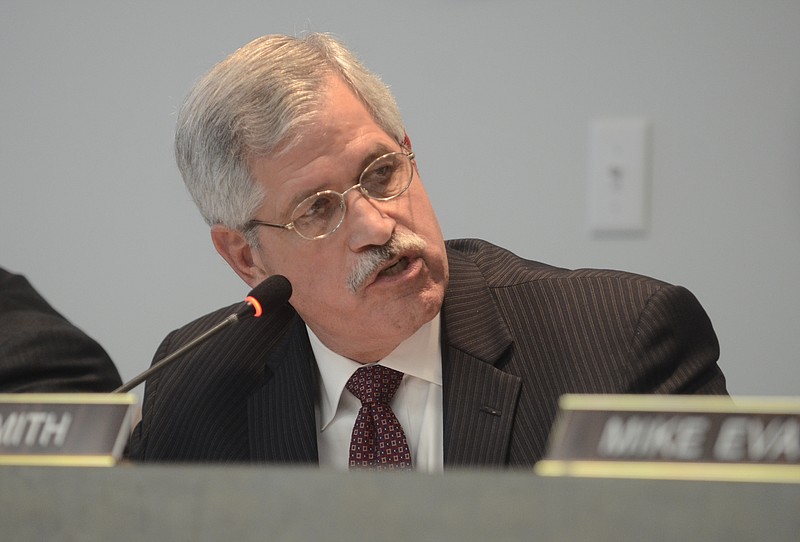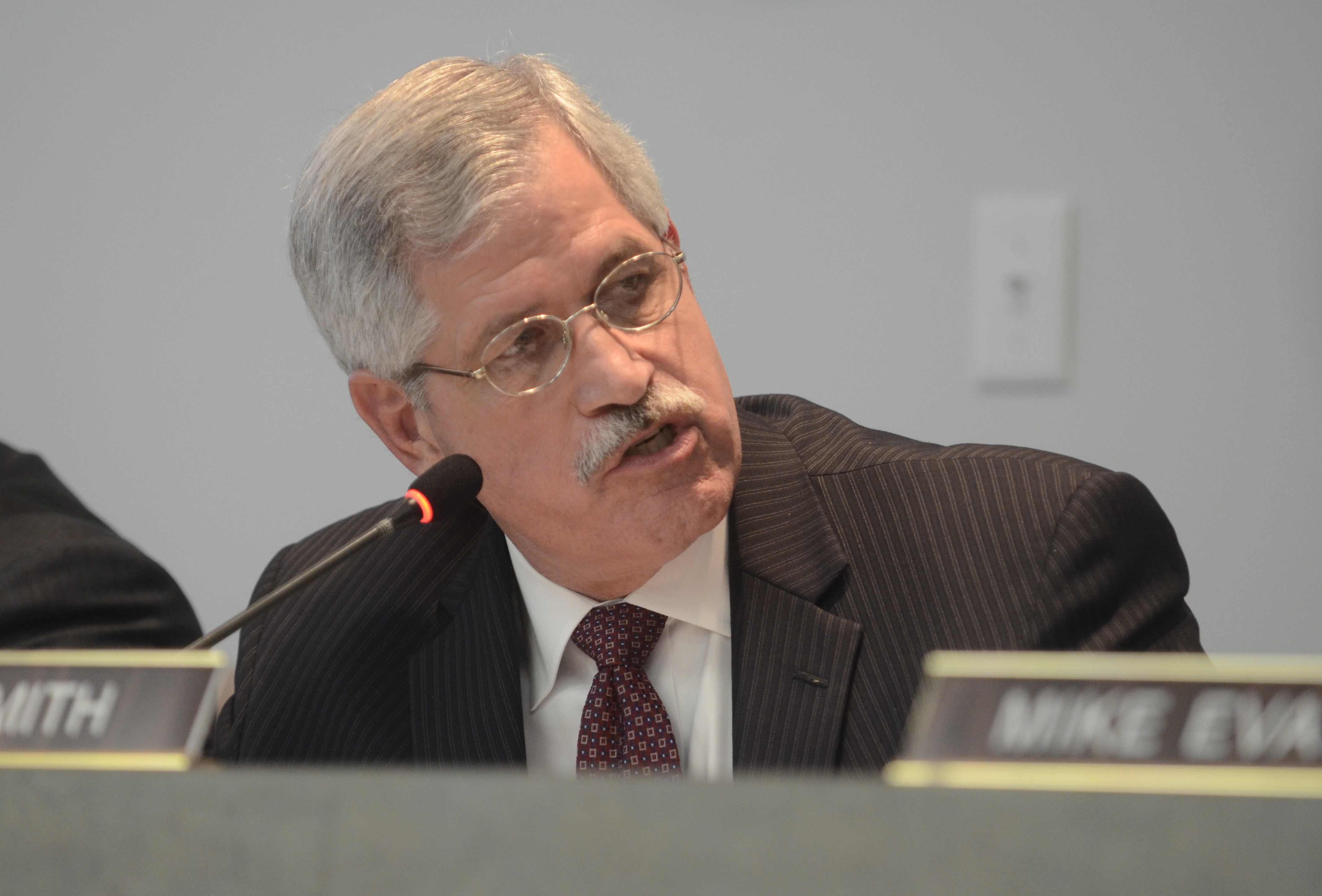Want more money for Hamilton County schools? Then raise taxes yourself. Or spend some of your own money.
That's the response most of Hamilton County's state legislators had to county officials who want Tennessee to fully fund the state's Basic Education Program, the state funding formula for Tennessee schools.
School board members have called on the state to boost its Hamilton County funding by $12 million annually, to about $145 million. They also want the state to pay the school district's full cost for 12 months of insurance premiums, instead of the current 10 months.
That could help fulfill school Superintendent Rick Smith's vision to make Hamilton County the "best school system in the South," by adding such programs as elementary school art and foreign language classes systemwide.
Smith has quietly laid the groundwork to seek more money for the school district by meeting with lawmakers and business leaders.
And the County Commission in years past has asked the state to fully fund the BEP, which a state report said would cost $515 million statewide.
But the notion got a big thumbs down Tuesday from five local legislators visiting the Times Free Press.
"If the County Commission comes to me and wants me to raise state taxes, I'm going to say, 'No, I'm going to pass an act letting you do it; raise 'em in your own county," said Rep. Mike Carter, R-Ooltewah.
"There is no law saying the county can't fund education," Carter said. "If they want to raise the taxes, let's raise them. And by 'let's,' I mean 'y'all.'"
Sen. Todd Gardenhire, R-Chattanooga, said the nine county commissioners could earmark for education the $100,000 they get each annually in discretionary funds, instead of spending it on other things.
"If you're really concerned about education, [use] that $100,000," Gardenhire said. "It's time to put their money where their mouth is."
County Mayor Jim Coppinger said he was surprised by the jarring response from the delegates. Full funding of the BEP is something he has asked for every year.
"I always preface it by saying, 'I know it's a big push to do that.' It's incumbent upon us to ask. But I understand if they can't fund it," Coppinger said. "There are lots of needs. Finding a revenue source to fund these things that are ongoing is a challenge."
County Commissioner Tim Boyd, who heads the commission's education committee, doesn't support having the state fund teacher insurance year-round.
"There again, you are seeing someone wanting to spend tax dollars that are not going to the classroom or to the benefit of the students," Boyd said. "You are going to have a hard time convincing me to spend one dollar more than what we are spending."
Commission Chairman Jim Fields was also "a little surprised by [the delegation's] reactions." This isn't a new, hot-button issue, he said.
"I think that BEP formula has been around a while, and I don't think it's ever been fully funded," Fields said.
As far as raising taxes, Fields said Coppinger's staff works hard to get schools funded without needing property tax increases by seeking out payment-in-lieu-of-tax agreements with new and expanding industries.
"That's one of the reasons we are so hot and heavy about PILOT agreements. When new companies come in, the school portion of those taxes gets paid," Fields said.
Sen. Bo Watson, R-Hixson, who is speaker pro tempore, said that the state is operating under BEP version 2.0. It's a revamped school funding plan shepherded through the Tennessee General Assembly by then-Gov. Phil Bredesen in 2007.
"Unfortunately, we passed that the year before the recession," Watson said.
He said that Tennessee is one of only two states that didn't cut education funding during the recession.
"We've never reduced our education budget," Watson said.
Rep. JoAnne Favors, D-Chattanooga, was the only area state legislator at Tuesday's meeting who backed a boost in state funding for the Hamilton County Department of Education.
"I certainly support expanding the appropriation to Hamilton County," Favors said. "We can look at the [state] budget and make some readjustments."
Smith said that elected officials represent the public, and if they don't want to increase school funding "that means they're representing a public that says the status quo is acceptable."
But he added, "This community is changing and changing pretty rapidly. Maybe the status quo isn't what the public wants. So we'll see."
Smith hasn't given up on getting more money for schools.
"Give up? No," Smith said. "This conversation is just beginning."
Contact staff writer Tim Omarzu at tomarzu@timesfreepress.com or www.facebook.com/tim.omarzu or twitter.com/TimOmarzu or 423-757-6651. Contact staff writer Louie Brogdon at lbrogdon@timesfreepress.com or 423-757-6481.

